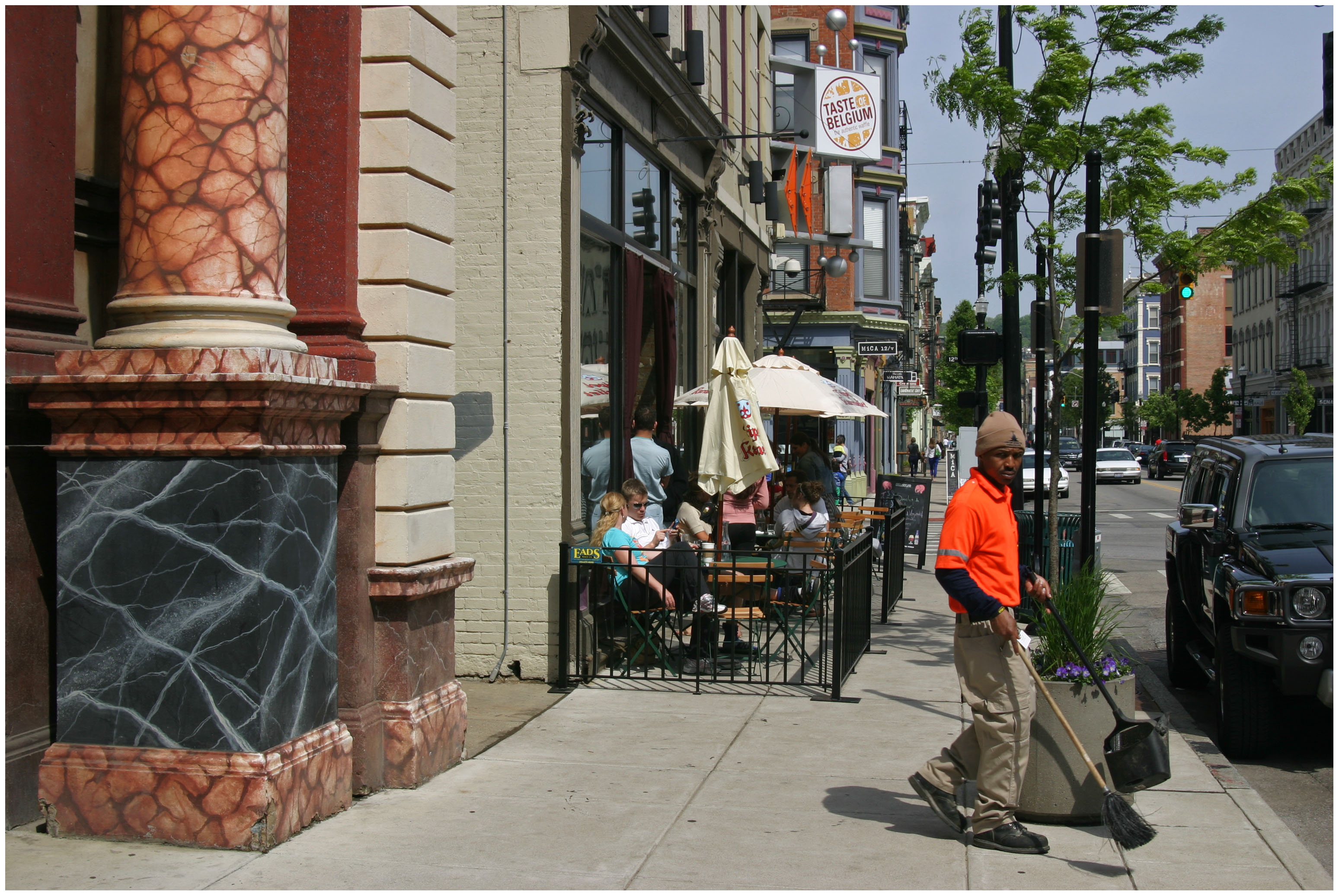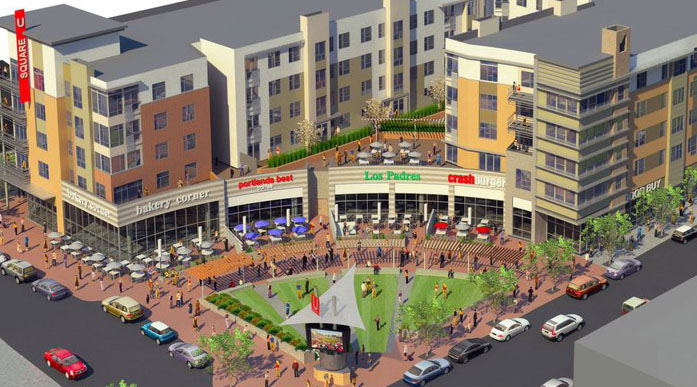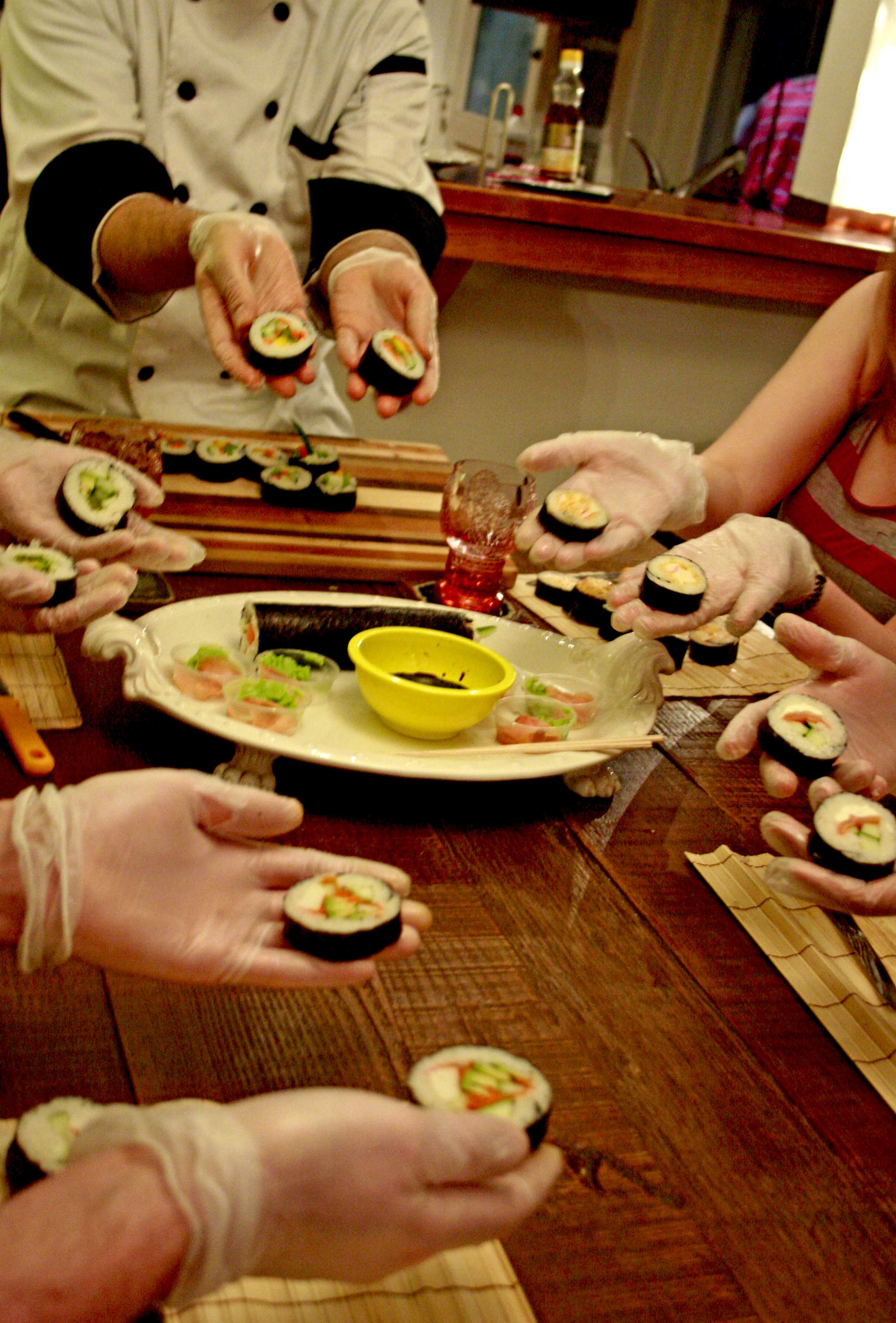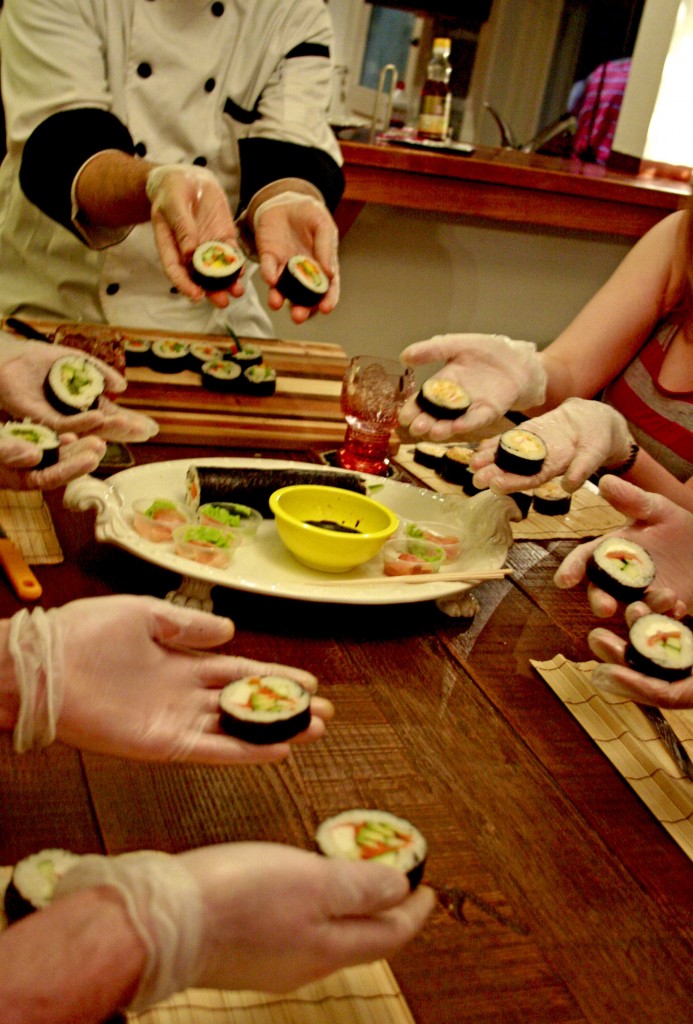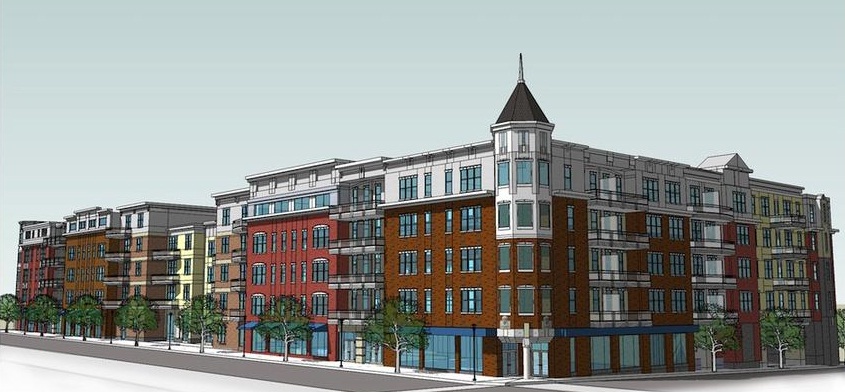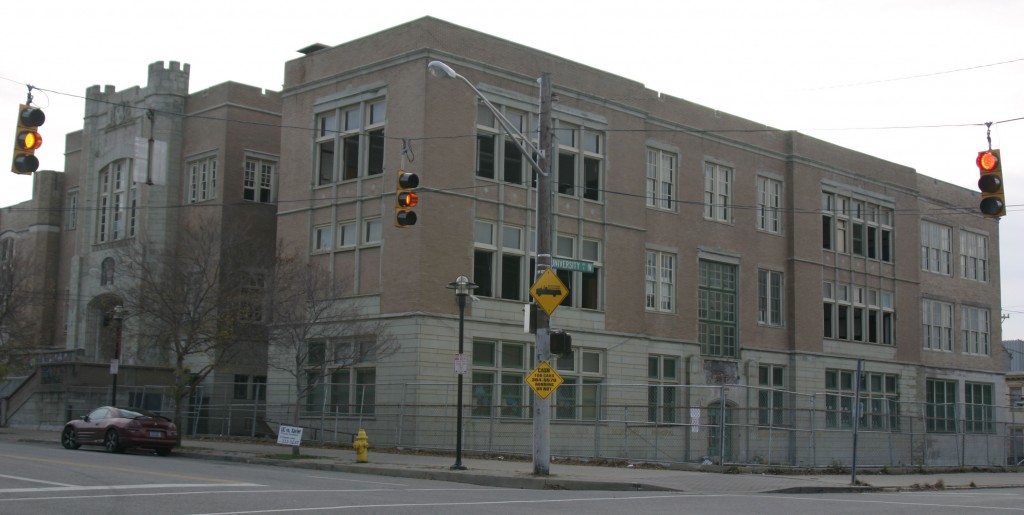Last June the Cincinnati Center City Development Corporation (3CDC) expanded the clean and safe ambassador service from the Central Business District to historic Over-the-Rhine (OTR). The move came after neighborhood leaders, businesses and residents called for such expansion to help protect the progress made there over the past half-decade.
3CDC partnered with the Over-the-Rhine Chamber of Commerce, Greater Cincinnati Foundation and The Carol Ann & Ralph V. Haile Jr./U.S. Bank Foundation in order to make the $100,000 endeavor a reality.
“This ambassador service will greatly compliment the ongoing development in Over-the-Rhine,” stated Chad Munitz, Executive Vice President of Development & Operations of 3CDC. “With more residents moving into the area and the extra activity in the community it is a great asset to have an extra pair of eyes on the street helping with safety and additional help with the cleanliness of the neighborhood.”
While the ambassadors appear to be a welcome addition to the neighborhood, their presence comes five years after the idea was originally pursued.
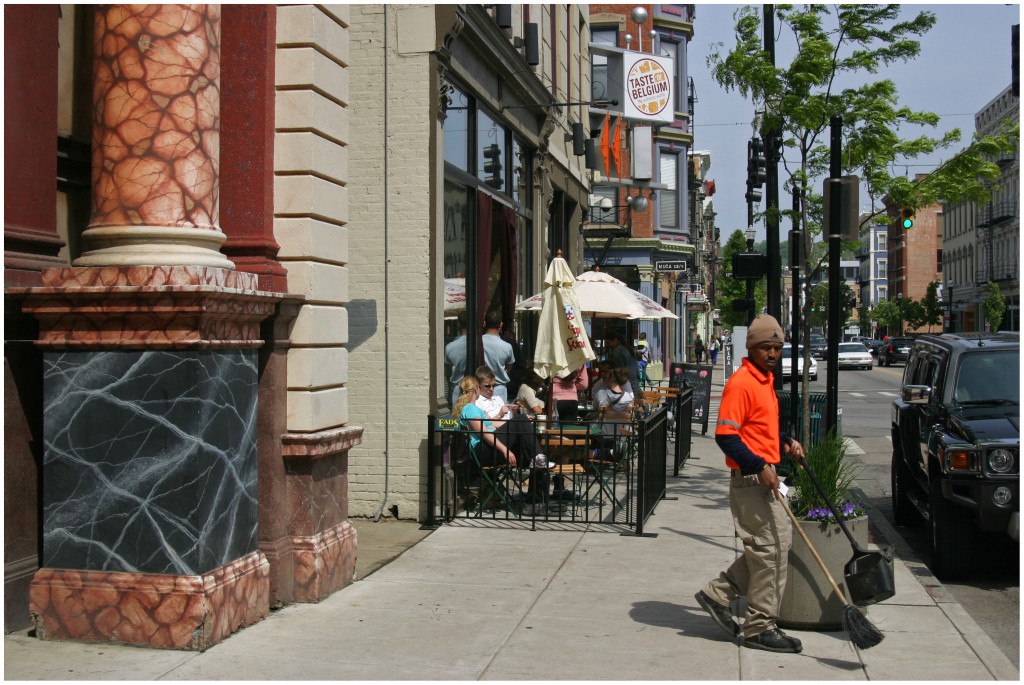
An Over-the-Rhine Ambassador cleans up trash along the sidewalk outside of the busy Taste of Belgium Cafe. Photograph by Randy A. Simes for UrbanCincy.
“The whole idea was about jump starting OTR,” explained Michael Redmond, owner of several neighborhood businesses including Neons Unplugged, and former director of the now defunct Vitality Over-the-Rhine that spearheaded initial conversations years ago. “We had ambassadors in the neighborhood about nine or ten years ago, and we thought it was the easiest thing to bring back. It was a way to make an impact through cleaning up the streets.”
The new service includes two teams of ambassadors that walk the streets of Over-the-Rhine. According to 3CDC officials, the clean team works seven days a week focusing on litter, graffiti removal, weed abatement, and pressure washing. The safety team is meant to compliment those services and patrols the neighborhood Thursday, Friday and Saturday from 3:30pm to midnight. Officials say that the safety team is responsible for panhandling interactions, bike patrols and safety patrols.
Initially the ambassador service was only funded through the end of 2011 with the seed funding. The service has since been extended through the end of 2012 thanks to an additional $113,500 in funding as part of the Over-the-Rhine District Management plan, and neighborhood leaders say they are committed to extending the effort indefinitely.
“It’s extremely important for the area, and we will continue to support this program as we seek new ways to fund it because it’s so crucial to the success of the neighborhood,” explained Anastasia Mileham, Vice President of Communications with 3CDC.
According to Redmond, one of the initial hurdles towards making the ambassador service a reality in 2007 was the determination that the property values in Over-the-Rhine would not support a special improvement district like the one that funds Downtown Cincinnati Inc., which is responsible for the Downtown Ambassadors.
Thanks to the new partnerships, that hurdle has been cleared for the time being, but long-term success may hinge upon a future expansion of the special improvement district used in the Central Business District.
“It is a lot cheaper to have the ambassadors out on the streets, than having a trashy neighborhood,” Redmond concluded. “There are more bars today, but the streets are cleaner than they were when everything was closed down. The ambassadors are a big reason for this, along with the new residents moving into the neighborhood.”
Redmond went on the say that the influx of new businesses also helps the neighborhood, and that many of the new businesses, including his own, would be willing to do and participate more in improving the area.
“I had not put much thought into the ambassadors, but noticed them not too long ago,” noted Taste of Belgium owner Jean-Francois Flechet. “I think that it’s a good idea to help keep the neighborhood clean, and it can also add to the perception of safety…it definitely cannot hurt.”
Note: Randy Simes worked with Vitality Over-the-Rhine from 2006 to 2007 on creating a volunteer ambassador program in the historic neighborhood, and studying the feasibility of a special improvement district there.
